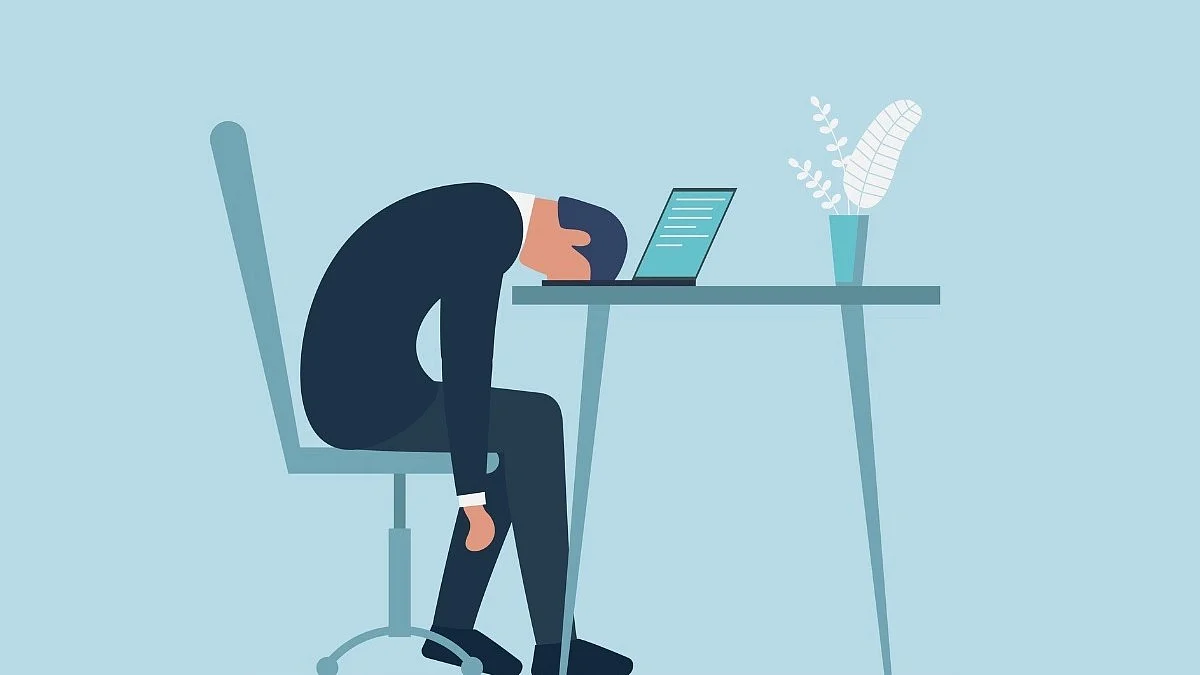Anxiety Disorder: Common Anxiety Triggers That We Often Ignore
Your dietary habits, stress management, and lack of proper sleep may also trigger anxiety.

advertisement
Anxiety is a common health problem that is accompanied by feelings of worry, fear, or tension. For some people, anxiety may also lead to panic attacks or extreme physical symptoms like chest pain. According to the Depression Association of America, around 40 million people suffer from anxiety in the US.
There is no specific cause for anxiety, different people have different reasons to suffer from the condition. It’s a combination of factors, including genetics and environmental reasons. At times, a few emotions, or experiences may cause symptoms of anxiety to become worse and they are referred to as triggers.
Different people may have different anxiety triggers and for some, there may be none. Thus, below are a few common triggers that we tend to ignore or are unaware of them.
1. Chronic Health Conditions
Anxiety, as mentioned before, also stems from a feeling of fear and if you have been diagnosed with a chronic or dangerous disease, that does affect your mental health, making your anxiety worse. A health diagnosis like cancer or a chronic illness may trigger powerful anxiety due to the immediate and personal feelings attached to the situation.
You can help reduce anxiety in such cases by being proactive and keeping yourself busy, you must always keep in touch with your doctor, and talking to the therapist may also be helpful.
2. Certain Medications
Certain prescription and over-the-counter (OTC) medications may trigger symptoms of anxiety and that may happen due to the active ingredients in these medications that result in uneasiness and ill health.
Medicines like birth control pills, cough and congestion medicines, and weight-loss medicines may trigger your anxiety.
Talk with a doctor about alternative medicines or be informed about how can these medicines trigger your symptoms.
3. Skipping Meals
Skipping a meal is never a good idea but we are pretty sure that many of our readers didn't know that a lack of dietary schedule messes with your mental health. When you don’t eat, your blood sugar drops which results in jittery hands and a rumbling tummy that can often trigger anxiety.
Thus, doctors advise anxiety patients or people, in general, to consume a balanced diet to maintain optimal levels of energy and important nutrients. If you can’t make time for three meals a day, make sure to include healthy snacks to prevent low blood sugar, feelings of nervousness or agitation and anxiety.
4. Increase in Caffeine Intake
According to the American Psychiatric Association, caffeine increases alertness by blocking a brain chemical (adenosine) that is responsible for fatigue and triggers the release of adrenaline that produces energy.
If the amount of caffeine is high, it may result in caffeine-induced anxiety the point to be noted is that people with panic disorder and social anxiety disorder are especially sensitive.
Moreover, excessive caffeine consumption can lead to symptoms similar to psychiatric conditions including sleep and anxiety disorders, increasing hostility, anxiety, and psychotic symptoms.
5. Too Much Stress
According to the Mayo Clinic, big events or smaller stressful life situations may trigger excessive anxiety when faced continuously. These situations may include a death in the family, work stress, or financial worry.
But chronic stress can cause long-term anxiety and it may worsen the symptoms as well as other health problems. Stressful days may lead to skipping meals, drinking alcohol, or lack of sleep, which may worsen your anxiety.
Thus, incorporate coping mechanisms or book sessions with a therapist who may help you to recognise the sources of your stress and ways to handle them when they become overwhelming.
(At The Quint, we question everything. Play an active role in shaping our journalism by becoming a member today.)